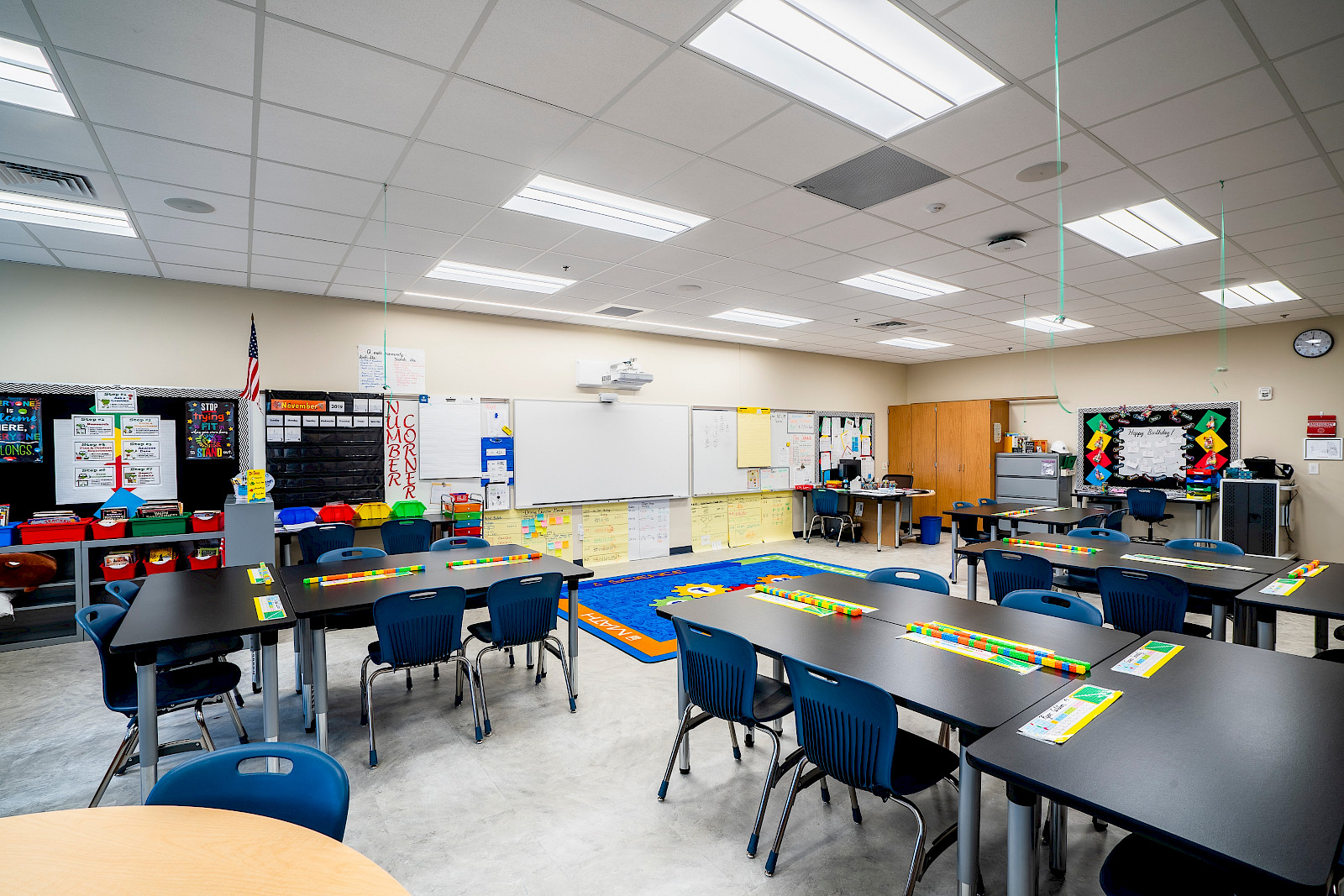This article represents the opinion of the author and not of the Rocky Hill Board of Education.
Dear Mayor Marotta,
I was a bit confused by a recent message you published regarding our schools. As you know, the Board of Education was forced to make significant reductions to its budget. If, as you’ve stated, you believe the district was fully funded, I’m trying to understand why you think such drastic measures were still necessary.
While it is true that the Town Council increased the BOE budget on paper, the messaging overlooked the substantial cost drivers we are obligated to meet, namely, negotiated salary increases and rising insurance costs. These contractual and industry-standard expenses are essential to remaining competitive, particularly at a time when districts across the state are facing a teacher shortage.
Our district already ranks among the lowest in per-pupil spending statewide, and the lowest within our DRG, yet we perform in the 20s academically. That should demonstrate that the board is fiscally responsible and invests wisely in our classrooms.
The impact of the cuts this year is visible. We have 2nd-grade classrooms with 23 students, 4th-grade classrooms with 24 students, when research consistently shows that early elementary literacy thrives in smaller settings, ideally around 18 students. Even a small increase materially affects instructional time, particularly during foundational reading years.
It is my understanding that the Town Manager recommended a $350,000 reduction, and the Republican members of the Town Council chose to almost double that number, cutting $650,000. I am interested in understanding the rationale behind exceeding the professional recommendation. Are we intentionally moving toward being the lowest-funded district in the state?
I also want to acknowledge something you mentioned, that the Town Council does not make line item decisions for the BOE budget. That is absolutely correct. However, the Town Council does control the purse strings, and the funding level directly determines what programs and staffing they are able to sustain. For that reason, open, accurate, and consistent communication between the BOE, the Town Council, and the liaison role is essential. It’s unfortunate that the school liaison is not held accountable for not providing reports or attending BOE meetings.
I believe stronger communication could have helped avoid some of the challenges we’re now facing. These cuts had real instructional consequences. The BOE was unable to hire additional teachers to reduce class sizes. They could not fund a World Languages program at Moser. These are not minor adjustments; they are program losses that directly affect students.
If you believe Rocky Hill Schools were fully funded, how do you reconcile that with the need to cut programs and increase class sizes? Do you believe these outcomes are insignificant, or do you disagree that the cuts caused them?
I believe our schools are great, and want to make sure they continue to be. Our goal should be to move the district forward, not backwards. The Central Office has done an exceptional job managing an increasingly limited budget, but it cannot overcome structural underfunding. Without appropriate support, sustaining the quality of our schools becomes an impossible task.
The Democrats running for Town Council and the Board of Education this election will not only prioritize funding necessary programs and maintenance for our schools, but also collaborate better with our educators. That’s not just my opinion; it is the opinion of the Rocky HIll Teachers Association, which endorsed the entire Democratic slate. Rocky Hill residents must vote for change to ensure the best environment for our students and teachers.


One response to “Mayor Marotta, if Rocky Hill schools are fully funded, why are we cutting programs?”
This is true. Rocky hill needs to start supporting our children’s future instead of cutting vital programs. Current town leadership prioritizes commerce and gives tax cuts to businesses and our town’s students are paying the price. We can no longer claim that RH is a family friendly town with good priorities. Just look at the advertisements for vape shops up and down the Silas Deane. We are lagging behind other towns in CT and this will negatively impact the future of our town for all of us, whether we have kids in school or not.